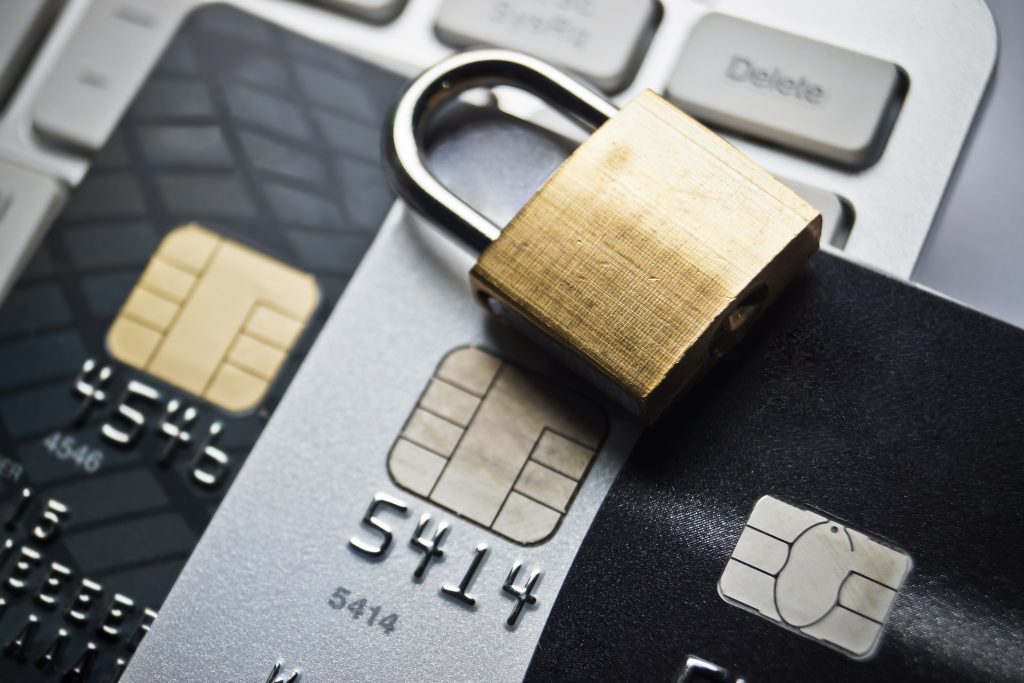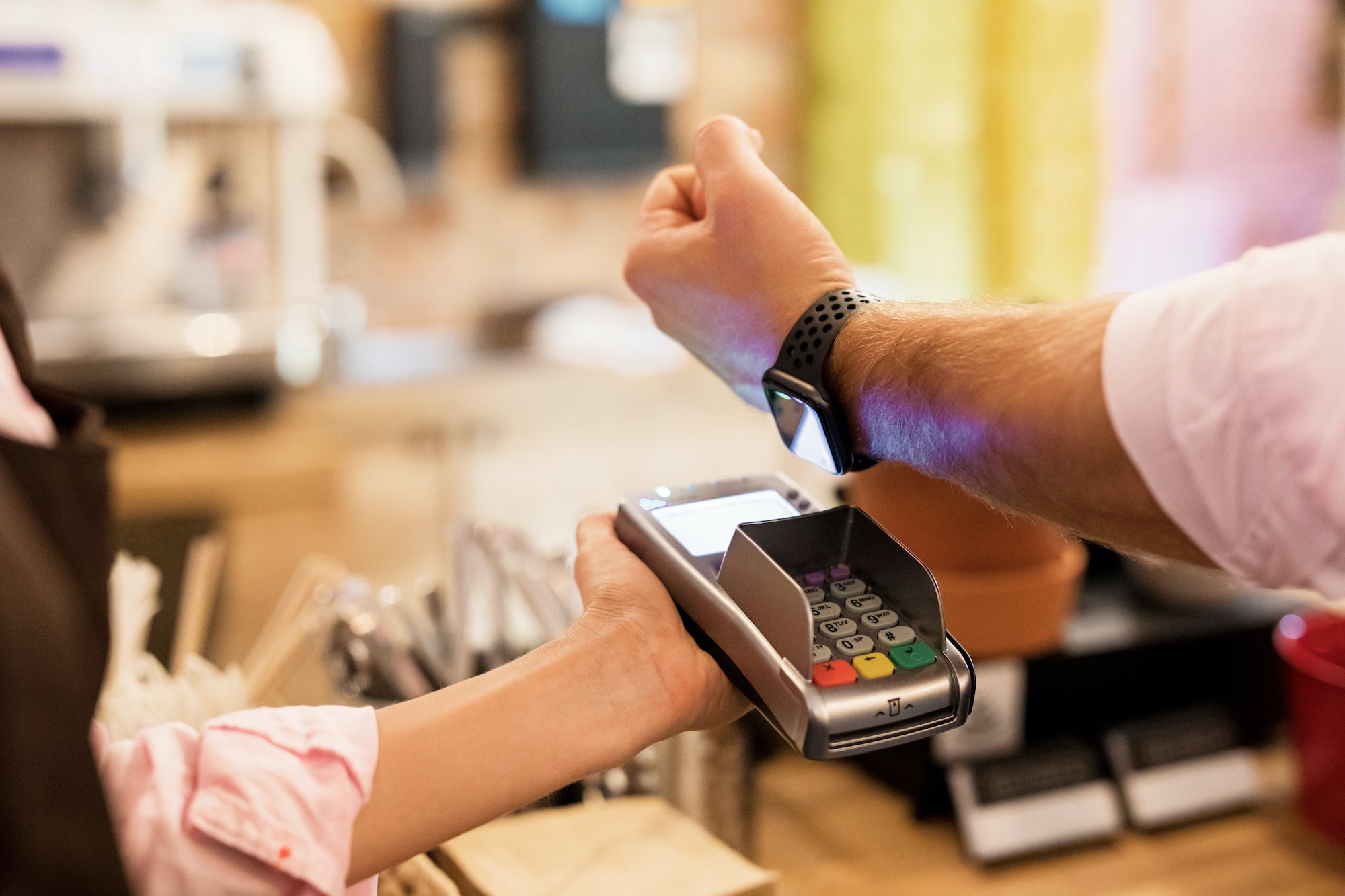A secure payment system, or SPS, refers to payment processing and information services that provide users’ security online. An SPS is a type of payment processing that ensures a user’s financial and personal information is protected from fraud and unauthorized access. These systems must provide reliable services as billions of dollars are transferred through them every year.
There are various services that businesses use to provide secure payment processing for their customers across Canada.
Digital payments are changing the way we do business across the world. E-commerce technology is furthering the ability of businesses to receive and accept various types of payment methods. The use of an SPS as a payment processor is required to do this securely and safely.
More people pay with a credit card, debit card, or online and mobile apps, over cash these days, making secure payment systems a must for all businesses. To learn more about these systems, and why they matter to your business, keep reading below.



